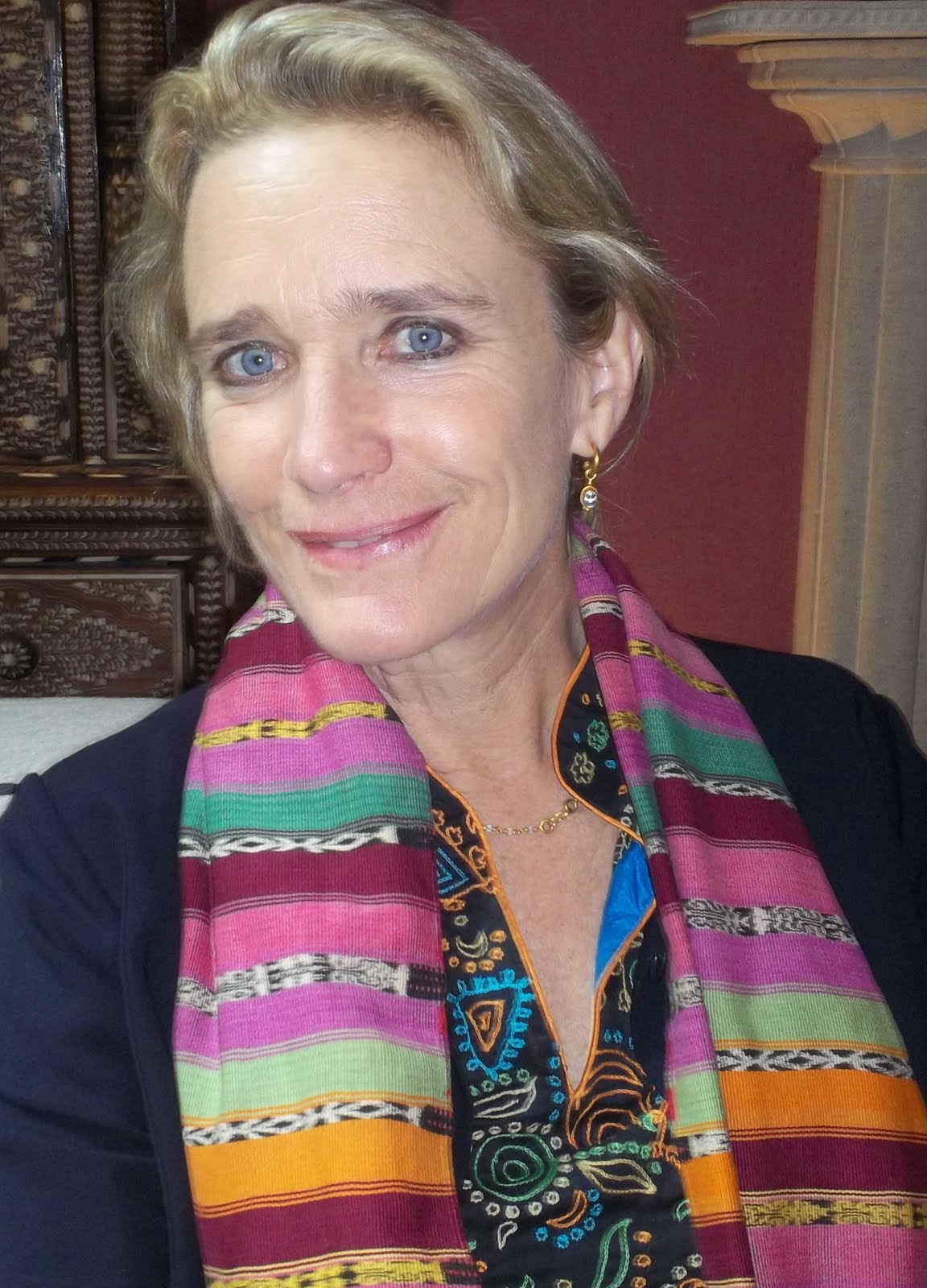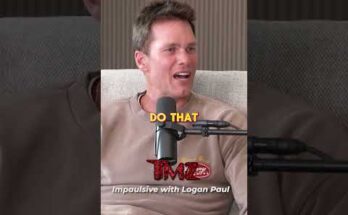Boy, did director Lavina Currier take on a challenge. Not only did she elect to direct the film Oka! in Africa, but she made it about a people, the Bayaka, and in a country, the Central African Republic (CAR), that are thoroughly unfamiliar with modern filmmaking.
Based on an unpublished book by an obscure author/musicologist with few veteran actors (Kris Marshall and Isaach de Bankolé) and a cast that includes indigenous tribespeople playing most of the characters, the film defies conventional market strategies.
And that’s just the outline of this project’s unique nature.
After musicologist Louis Sarno decided to live among a Bayaka Pygmy clan in the Central African Republic in the mid-80s, he wrote a book chronicling his experiences, Song From The Forest, and recorded their music. Those recordings became Bayaka: The Extraordinary Music of the BaBenzl Pygmies (Ellipsis Arts), a two-CD/book package of never-before documented material.
Though raised in New Jersey, Sarno has called the CAR his home for the past 25 years with intermittent visits the States. Oka! — which means “listen!” in the Bayaka language — is a “dramedy” that recounts his first arrival in the jungle, based on an unpublished memoir.Â
Currier’s previous films have already taken her all over the world, so she had an idea of what she was getting into making Oka!. She visited Tibet while working on The Sun Behind the Clouds: Tibet’s Struggle for Freedom and the Sahara for Passion in the Desert.
And her philanthropic work includes environmental causes; Oka! was filmed carbon-neutral in the Dzanga-Sangha Nature Reserve of central Africa, a site growing in popularity with eco-tourists.
Nonetheless, as revealed here, Currier’s experience didn’t entirely prepare her for the singular act of shooting among the Bayaka and the dominant Bantu-speaking people who offered unique challenges to the filmmakers as well. But now the film is being released, audiences can share in the experience on screen at the Village East Cinema in Manhattan and in theaters nationally.
 Q: Why did you make a film in an African country where there are virtually no film resources, as opposed to say Nigeria or South Africa?
Q: Why did you make a film in an African country where there are virtually no film resources, as opposed to say Nigeria or South Africa?
LC: I’ve always loved Africa. I found this region while casting a film about Ota Benga. Do you know the story of Ota Benga?
Q: No…
LC: He was the pygmy who was brought to the World’s Fair in 1905 — a very sad story. I wrote a screenplay [about him] with a wonderful novelist. I was so proud of this screenplay; everyone who read it cried and said, “This has to be made.” It was during that period of racial ignorance and horror.
[For] many reasons I didn’t make the film — 9/11, and funding for example. There was another film made by Regis Wargnier, who did Indochine, called Man to Men, about a pygmy couple who was brought to Scotland. It took place 40 years earlier. It was kind of the missing link. I watched it. I had to chase it [down] in this little cinema in Paris, and found it so depressing.
I was talking to the Bayaka about the story, and they said, “That’s a terrible story.” I said, “Yeah, it is, but we learn from our mistakes and don’t repeat history and all the things in our culture.” And they said, “We would forget a story like that. There are so many nice stories.”
Q: At what point did you know you had a story to tell?
LC: When we were there for Ota Benga and decided not to do Ota Benga, I went back and said to Louis [who helped with our research], “What about doing a slice of life in the village? Do you have any manuscripts that you haven’t used — you haven’t published — that we could use for that?”
And he said [he had a manuscript at his mother’s.] We had to find this [floppy] disk. Nobody could read it, so I took it to a decryptor or whatever you call it.
Q: Backwards technology…
LC: After reading it, I laughed and said, “This is wonderful,” because he gets out of the way, his character is very self-deprecating, and you really feel the life of the village and the forest.
So that’s how we came to it. I wanted to do something, as a white woman telling a story about African people can…
Q: That’s a whole other issue — what a white woman has to deal with in those areas.
LC: They have so many problems with the Bantus that they like white people. They didn’t go through colonialism; it’s not a post-colonial culture.
Q: Even though the French were there?
LC: The Bayaka didn’t. Central Africa was affected by slavery, but not by colonialism — not in the sense that there were big plantations. It wasn’t an easy place.
But when we were back there — aside from showing the film and doing some politicking — we also did more music recording. The composer Chris Perry, an amazing African, was married and lived in Zimbabwe for seven years — he had been was [Zimbabwe’s dictator Robert] Mugabe’s boy.
His wife’s father was attorney general, I think, for Mugabe, and then fell out of favor and was killed by Mugabe.
So Chris, who has an amazing facility for understanding African music, did the recording the first time. He went back with us in the forest in August, because we’re doing an album for the film.
He did what he calls radio cues, but more modern kind of dance music out of the Bayaka rhythms. He had these women from the forest laying down multi-tracks. They’d never had earphones on…These women would come from the forest. They say they dreamed their songs and would say, “I dreamt this song some time ago in the forest.”
One of them said, “When I woke up my husband was dreaming the same song and we were singing together.”
One woman from the Congo — she had leprosy; no toes, no fingers — and was sitting there, trying to get into it, and she’s hearing her voice for the first time through the headphones. The first couple of times, everyone’s laughing and laughing because they’re not kind and polite in that way. Then suddenly, she starts singing.
Chris said they just took to it. They would be standing in line for Chris in the morning, they got into it so much. So we’ve got a good album, I think.
Q: Did you videotape this?
LC: Yes we did. We did a little sort of “return of,” because we didn’t do a “making of.” It was too stressful.
We barely got through our days and the producer was constantly doing the 16-hour trek up to jungle to make sure our set wasn’t going to be closed down by goons.
Q: Too bad you didn’t videotape as you shot the film.
LC: That was the intention of the producer, but he was so stretched he couldn’t do it.
Q: Did this film follow your budget or did you have cost overruns because of paying off people?
LC: We never paid anyone off, which is why we kept getting stopped. We made a deal with the minister of culture in the beginning and paid a location fee, which is normal.
The minister of finance came and said, “And mine?” And we said, “Well, we were told that film went through the minister of culture.” He said, “I don’t know who told you that.”
Q: How’d you get around that?
LC: That case was pretty hairy, because he was a pretty tough cookie. He’s not there anymore. He said to the producer, “By the way, our bank account was messed up, so I want you to write the check to Mr. XYZ.”
He had been sending his goons down, the producer was intimidated, so he wrote a check. [The producer] got a copy of it, and as he left the office he put a stop-payment at the bank. The minister of finance himself called the teller and overrode the stop payment.
Q: So you did end up paying him?
LC: That was the only one. Other than that, we didn’t.
Q: When did you know you had an ending?
LC: The ending should have been a real elephant hunt, because the molimo, this mythical instrument, is associated with the elephant hunt. You kill an elephant and the molimo is happy and it comes out.
And the elephants, after three days of chasing them around and getting them to do this and that, lost patience with us. And my crew said on the third day “We’re not going back. We don’t care what you pay us; we’re not going back because we’re going to be killed.” And it was getting dangerous.
We’d been going on the good will of the elephants who had been accustomed to this researcher, this lovely woman, Andrea, who herself has been there 20 years.
Q: Elephants are incredibly intelligent.
LC: Very intelligent. And they’ll stop you. They’ll warn you with a couple of charges and then they’ll charge. I am fearless with animals. I never feared snakes or elephants or anything.
Q: How about big cats?
LC: I never saw them. There are leopards, but I never saw them.
Q: There are jungle leopards.
LC: That was my last film, Passion in the Desert, which was about a Napoleonic soldier and a leopard.
For an extended version of this piece and more stories by Brad Balfour go to: Film Festival Traveler Web site.


